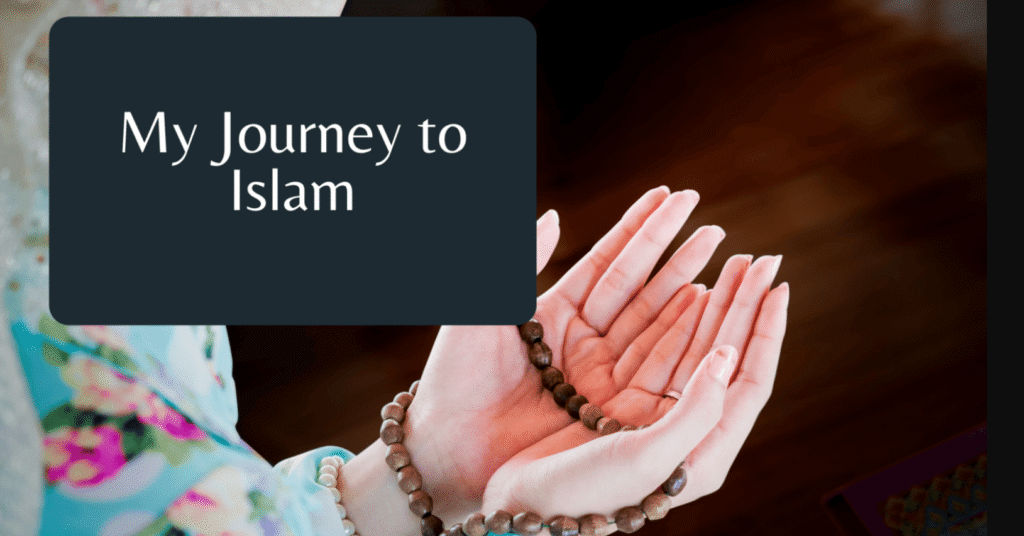The Journey to Islam: Why People Embrace the Faith
Why People Convert to Islam: Understanding the Spiritual Journey
Islam is one of the fastest-growing religions in the world, with millions of people embracing it every year. The reasons behind conversions to Islam are diverse, ranging from spiritual fulfillment to intellectual conviction. In this article, we explore the common motivations that lead individuals to Islam and the transformative impact it has on their lives.
1. Intellectual Conviction and the Quran’s Message
Many converts cite the Quran’s profound teachings as a key reason for their conversion to Islam. The Quran’s emphasis on monotheism (Tawhid), logical arguments for God’s existence, and scientific miracles appeal to those seeking a faith grounded in reason. Former atheists and Christians often mention how the Quran’s clarity and coherence led them to Islam.
2. The Simplicity and Directness of Islamic Belief
Unlike complex theological doctrines in some religions, Islam offers a straightforward belief system: worship One God (Allah), follow His guidance, and live a righteous life. This simplicity attracts people who seek a faith free from intermediaries and unnecessary rituals.
3. The Moral and Ethical Framework
Islam provides a comprehensive moral code that governs personal conduct, family life, and social justice. Many converts appreciate Islam’s emphasis on honesty, charity (Zakat), and social responsibility. The prohibition of alcohol, gambling, and exploitative practices also resonates with those seeking a disciplined lifestyle.
4. Spiritual Fulfillment and Inner Peace
Converts often describe a deep sense of peace upon accepting Islam. The daily prayers (Salah), remembrance of God (Dhikr), and the concept of surrendering to Allah’s will (Islam means “submission”) bring emotional and spiritual tranquility.
5. The Example of Prophet Muhammad (PBUH)
The life and character of Prophet Muhammad (peace be upon him) inspire many converts. His compassion, justice, patience, and leadership serve as a model for personal development. Non-Muslims who study his biography (Seerah) often find his teachings transformative.
6. Community and Brotherhood
The strong sense of brotherhood and sisterhood in Islam attracts many. Converts often speak of the warm welcome they receive from Muslim communities, where they find support and belonging regardless of race or nationality.
7. Social and Political Awareness
Some converts turn to Islam after witnessing injustices in the world and seeing Islam’s stance on equality, anti-racism, and resistance to oppression. The religion’s emphasis on social justice and human dignity appeals to activists and those seeking change.
8. Personal Experiences and Miracles
Some conversions come after profound personal experiences, such as answered prayers, dreams, or near-death encounters. These spiritual moments lead individuals to believe in the truth of Islam.
Challenges Faced by Converts
While converting to Islam is a joyous decision, many face challenges, including:
-
Family rejection – Some converts struggle with disapproval from relatives.
-
Cultural adjustments – Adapting to Islamic practices can be difficult in non-Muslim societies.
-
Misconceptions about Islam – Converts often have to counter stereotypes and Islamophobia.
Despite these challenges, most converts express deep gratitude for finding Islam and remain steadfast in their faith.
Conclusion
People embrace Islam for various reasons, intellectual, spiritual, moral, and social. The religion’s emphasis on monotheism, ethical living, and community support continues to draw seekers of truth worldwide. For many, converting to Islam is not just a change of religion but a complete transformation of heart and mind.
